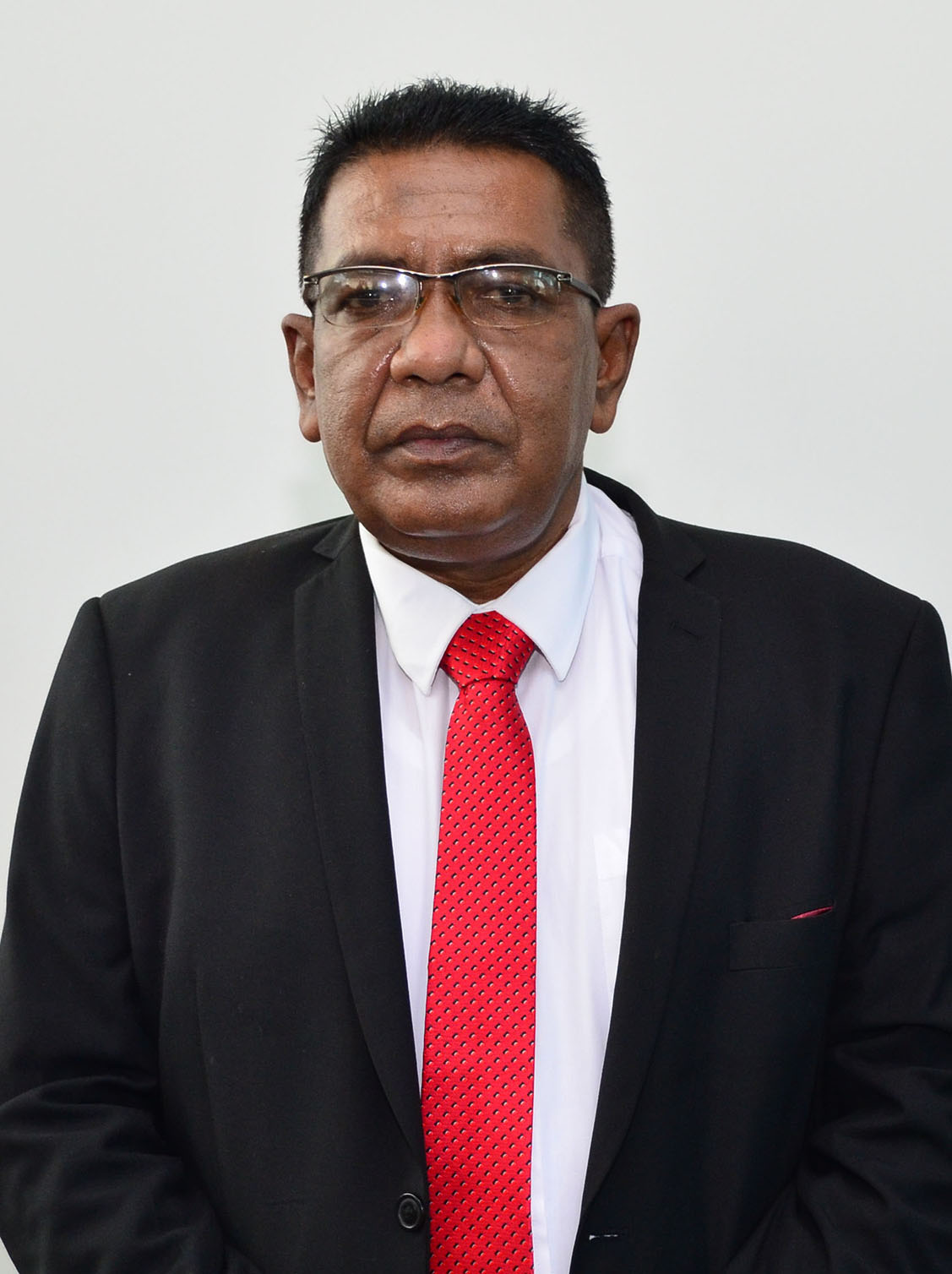The Industrial Hemp Bill 2022 was passed in the National Assembly last night in the absence of the opposition APNU+AFC, and with several speakers extolling the virtue and profitability of this variety of the cannabis sativa family.
Championed by Minister of Agriculture, Zulfikar Mustapha, who had introduced the bill on May, 5, 2022, the legislation now decriminalises hemp, paving the way for crop production in Regions 10 and Six. Mustapha noted that hemp is a variety of the cannabis sativa plant species that is grown specifically for industrial use and over the years there have been increased calls for its decriminalization as it makes a strong resurgence worldwide.
He said that hemp production was part of the agriculture diversification programme. Pointing out that hemp would be produced in Region 6, Mustapha noted that the region suffered a devastating blow when the sugar factories were closed. He expressed optimism that hemp production in the region would bring an economic boom for the people of Region Six.
According to the Bill’s explanatory memorandum, its purpose is to provide a definition for industrial hemp and remove its classification under the Narcotic Drugs and Psychotropic Substance (Control) Act, Cap. 10:10 as a prohibited plant if possessed, cultivated, manufactured or otherwise dealt with in accordance with the Act.
With 39 clauses, the Bill provides for the regulation of the cultivating and manufacturing of industrial hemp and hemp-related products; the conducting of research on industrial hemp; the establishment of the Guyana Industrial Hemp Regulatory Authority; the development of a viable hemp industry in Guyana; and related matters.
The Bill stipulates industrial hemp or “hemp” to mean any plant of the genus cannabis and any part of that plant, including the seeds thereof and all derivatives, extracts, cannabinoids, isomers, acids, salts, and salts of isomers, whether growing or not, with a delta-9 tetrahydrocannabinol (THC) concentration of not more than 0.3% on a dry weight basis. Additionally, “hemp-related product” is defined as a product derived, manufactured or produced from industrial hemp where that product contains a concentration of no more than 0.3% THC.
Minister of Tourism, Industry and Commerce, Oneidge Walrond took pains to point out that hemp was not marijuana and that it did not have the same intoxicating effect of the latter. According to her, the new legislation would create an enabling environment for persons to cultivate the highly profitable, climate-friendly crop. She said that the resurgence of hemp and the demand create a world of opportunities for farmers. She noted that hemp which is projected to earn US$16.7 billion worldwide by 2030, is one of the building blocks in the non-oil and gas economy for Guyana.
And Minister of Foreign Affairs Hugh Todd in his support for the bill, said that the production of hemp would give Guyana a boost in creating a new sector through innovation and forward thinking. He also spoke of the global value of hemp which he said would multiply and impact Guyana’s Gross Domestic Product. He pointed out that the Linden economy in Region 10, which was one of the areas identified for hemp farms, will experience massive economic benefits. He noted that farmers in Region 10, would gain far more from planting hemp as compared to the traditional crops which they are now farming. According to him, the fact that Linden was chosen, was an assurance that the people of the town are included in the development of Guyana.
Attorney General and Minister of Legal Affairs Anil Nandlall lauded Guyana as a trend setter in relation to such legislation. He noted that Guyana had no precedential model to follow in drafting such a bill. According to him, while it was challenging, Guyana was able to produce a bill that was comprehensive and covered every aspect of producing hemp. He said that there was not another bill in the region that compares to Guyana’s. According to Nandlall, Belize is the only other country in the region with such a bill, but it does not measure up to Guyana’s
He said that there are large conglomerates waiting for the approval of the bill to commence production. He added that the many uses of hemp will result in revenues. The minister also said that Guyana has enacted the legislation in keeping with longstanding local and regional calls, and a vibrant international market for hemp. According to him, the bill covers every requirement needed for Guyana to export hemp to North America which is its target market.
And Deputy Speaker of the House and leader of the Liberty and Justice Party Lenox Shuman said he was acutely aware of the importance of such a bill towards reducing the dependence on forest and forestry products. He noted that such a bill was long overdue in Guyana. According to him, he lived in Canada, a country where hemp is produced, and he has seen the impact it has had on the economy of the North American country. Shuman made a plea for the Indigenous communities to have access to all aspects of the new venture. He said that he understood that not everything can be included in the bill, but administratively, the process could include Indigenous communities.










